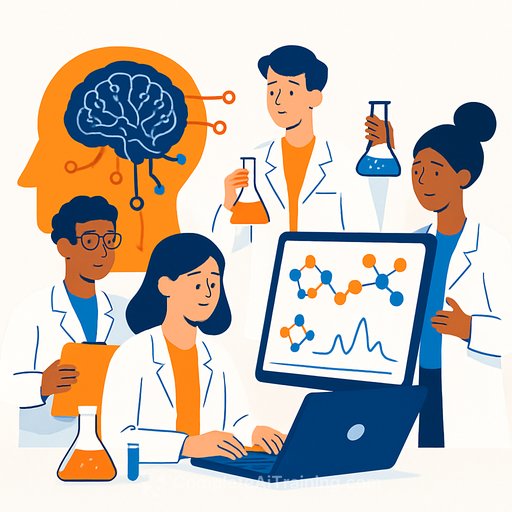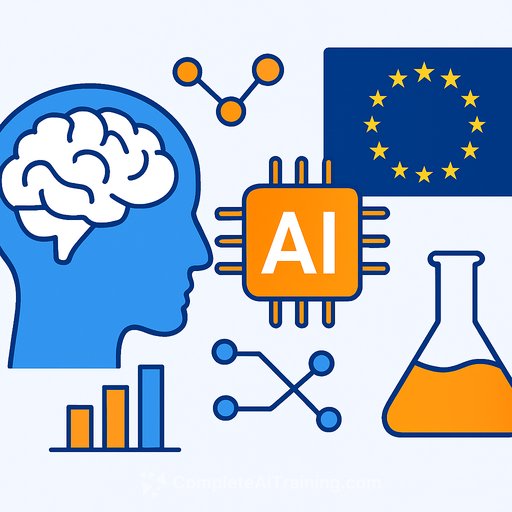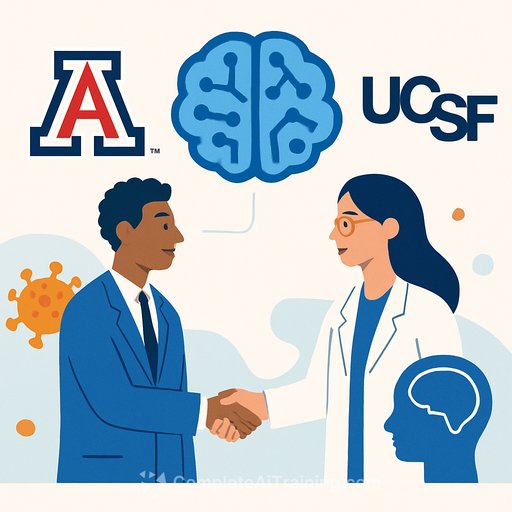Scientists Honored for AI-Driven Advances in Chemistry
Scientists at the U.S. Department of Energy’s Argonne National Laboratory are part of a team awarded the 2025 Royal Society of Chemistry’s Materials Chemistry Horizon Prize. This recognition celebrates their work on chemistry-aware artificial intelligence software, developed through an international collaboration including the University of Cambridge, STFC Rutherford Appleton Laboratory, and the Australian National Science and Technology Organisation.
The Argonne Team
- Paul Coffman, Argonne Leadership Computing Facility
- Jeffrey Elam, Applied Materials
- Adrian Pope, Argonne Leadership Computing Facility
- Liliana Stan, Center for Nanoscale Materials
- Álvaro Vázquez-Mayagoitia, Argonne Leadership Computing Facility
- Venkat Vishwanath, Argonne Leadership Computing Facility
- Angel Yanguas-Gil, Applied Materials
Several former Argonne researchers also contributed. Their collective work has produced open-source materials databases and language models that serve as crucial tools for scientists worldwide. Leading the project, Professor Jacqueline M. Cole from the University of Cambridge, fostered collaboration that advanced the design of organic dye-sensitized solar cells and technologies for solar energy capture.
Professor Cole emphasized the value of teamwork across government entities and universities, highlighting that their partnership delivered practical, impactful results recognized globally.
Material Chemistry Horizon Prize and Its Impact
The award honors an 89-member team, each receiving individual certificates for their contributions. Their AI-powered tools accelerate materials discovery by enabling researchers to explore large datasets and simulate chemical properties efficiently. This approach transforms materials development from a chance-based process into a rational, faster pathway, reducing the time it takes to bring new materials to market.
This global team developed and shared databases, machine learning models, and simulation workflows that are already changing how materials are designed. Álvaro Vázquez-Mayagoitia of Argonne’s Leadership Computing Facility noted the importance of this international collaboration in achieving high-impact research and creating essential resources for scientists everywhere.
High-Throughput Workflow and Supercomputing
The team created an automated workflow combining data mining, machine learning, and quantum chemistry simulations to evaluate nearly 10,000 organic dyes. Screening for key properties like molecular structure, polarity, and light absorption, they identified five top candidates. Access to one of the world’s best supercomputers at the Argonne Leadership Computing Facility was vital for producing fast, detailed AI predictions.
These predictions were validated through laboratory experiments and device testing, demonstrating that integrating AI and simulation at scale can significantly shorten development cycles from design to functional technology.
Professor Cole noted that the AI tools developed are adaptable and are already being applied in fields like magnetism, batteries, and optoelectronics.
Resources and Facilities
The Center for Nanoscale Materials, part of the DOE’s Nanoscale Science Research Centers, supported this work. These centers provide national user facilities for interdisciplinary nanoscale research funded by the DOE Office of Science.
For those interested in AI applications in scientific research, exploring courses on AI tools and workflows can provide practical skills to engage in similar projects. Resources such as Complete AI Training offer relevant learning paths for professionals aiming to expand their expertise.
Your membership also unlocks:






